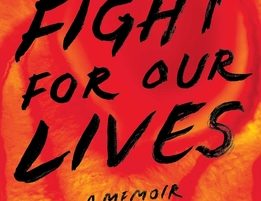
It Got Better (Eventually)
HOW WE FIGHT for Our Lives is a deeply compelling and personal memoir about growing up black and gay in a world where being either can be challenging, and the combination can be deadly.
MoreMarch-April 2020

HOW WE FIGHT for Our Lives is a deeply compelling and personal memoir about growing up black and gay in a world where being either can be challenging, and the combination can be deadly.
More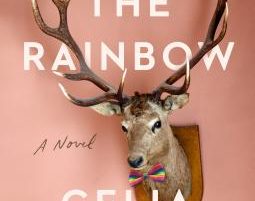
Another important moment in the book comes in a coda that ties up many loose strings, even as it leaves a big one dangling in the form of a last-minute character who hasn’t been present but who seems, in retrospect, to have haunted the story unseen. Just what this character has been up to all this time is a question you may raise upon completing this wonderfully complex novel.
More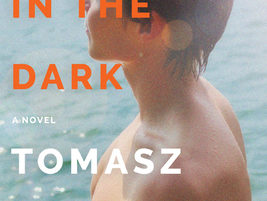
SET in Communist-era Poland in 1980, Tomasz Jedrowski’s first novel, Swimming in the Dark, is a compelling and tragic story in which two young men fall passionately in love.
More
IN 1977, the year in which Carolina De Robertis’ novel, Cantoras, opens, Cabo Polonio was a remote fishing village, a rocky yet serene outcropping on the coast of Uruguay. When the novel begins, its five main characters—Romina, Flaca, Paz, Malena, and Anita a.k.a. La Venus—arrive at the village late at night, having endured a five-hour-long bus ride … They are cantoras, which we learn is a slang term for queer women.
More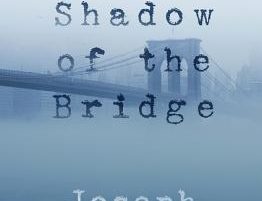
ON MAY 25, 1959, Joseph Caldwell was walking across the Brooklyn Bridge at dawn on his way to his tenement apartment in lower Manhattan. So begins his memoir In the Shadow of the Bridge.
More
JAMIE ANDERSON’S An Army of Lovers is a pre-digested compilation of material that would be hard to find in any other single place.
More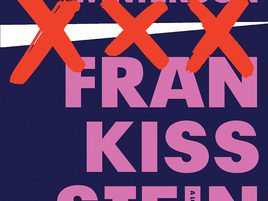
JEANETTE WINTERSON’S latest novel raises two basic questions: What does it mean to be human? And what are the limits of reaching for immortality?
More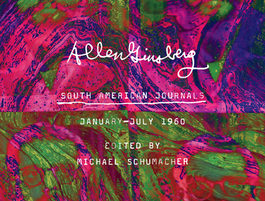
South American Journals, edited by Ginsberg biographer Michael Schumacher, is one of those big important historical documents. Scholars of the Beats and lovers of Ginsberg will find much rich ore to mine here for years to come.
More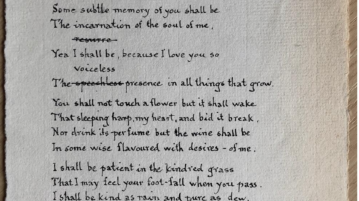
“The Decay of Lying” was as much a critique of the realism of Victorian literature as it was an argument for the pleasure of artifice in art. For Vivian, the beauty of artifice was precisely what gave art its power. But what of the artist himself? What becomes of literary forgeries, imitations, and outright faked manuscripts when we consider Wilde’s notion of art’s beautiful lies?
This is the question that Gregory Mackie takes up in his deeply researched and entertaining book …
More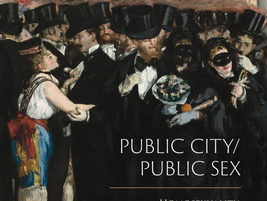
THE CENTRAL THESIS of Public City/Public Sex is an interesting and original one. Andrew Israel Ross argues that the attention to and interdiction of men seeking sex with other men in 19th-century Paris …
More